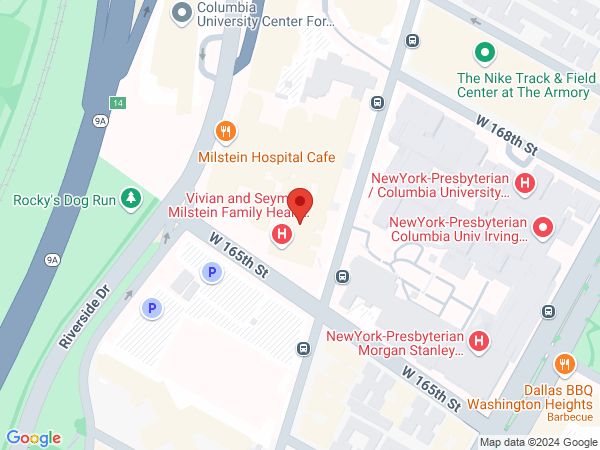Multicenter, Open Label, Phase 3 Study of Tabelecleucel for Solid Organ or Allogeneic Hematopoietic Cell Transplant Subjects with Epstein-Barr Virus-Associated Post Transplant Lymphoproliferative Disease after Failure of Rituximab or Rituximab and
Contact:
NCT Number:
Protocol:
Study Status:
Population:
Phase:
Epstein-Barr Virus (EBV) is the virus that causes mononucleosis, also known as “mono”. Almost all adults have had EBV. For most people, EBV never causes a health problem. However, when their immune system is not working properly (like people who have had a transplant and must be on medications that suppress their immune system), EBV can cause certain diseases where cells grow abnormally. EBV-associated Post-Transplant Lymphoproliferative Disease (EBV-PTLD) is a condition that can occur after a solid organ transplant (SOT) where EBV infects immune cells in your blood, called B cells. In patients who have had an SOT, their immune system is suppressed to prevent the body from rejecting the transplanted organ, and these infected immune cells can lead to cancer. The purpose of this study is to test how well the EBV-CTLs work to treat EBV-PTLD following SOT in patients who have failed rituximab or rituximab plus chemotherapy treatment and to see what side effects happen. Your participation will help us to understand more about EBV-CTLs.
Are you Eligible? (Inclusion Criteria)
- Prior Solid Organ Transplant (SOT) of kidney, liver, heart, lung, pancreas, small bowel, or any combination of these
- A diagnosis of locally-assessed, biopsy-proven EBV-PTLD with a pathology sample available for central review
- Availability of appropriate HLA partially-matched and restricted EBV-CTLs
- Measurable, 18F-deoxyglucose (FDG)-avid systemic disease (using Lugano Classification response criteria [Cheson, 2014]) by positron emission tomography (PET)/computed tomography (CT). For patients with treated central nervous system (CNS) disease, head CT and/or brain/spinal magnetic resonance imaging as clinically appropriate will be required to follow CNS disease response per Lugano Classification response criteria. Baseline scans must be acceptable to the central radiology laboratory prior to patient enrollment.

